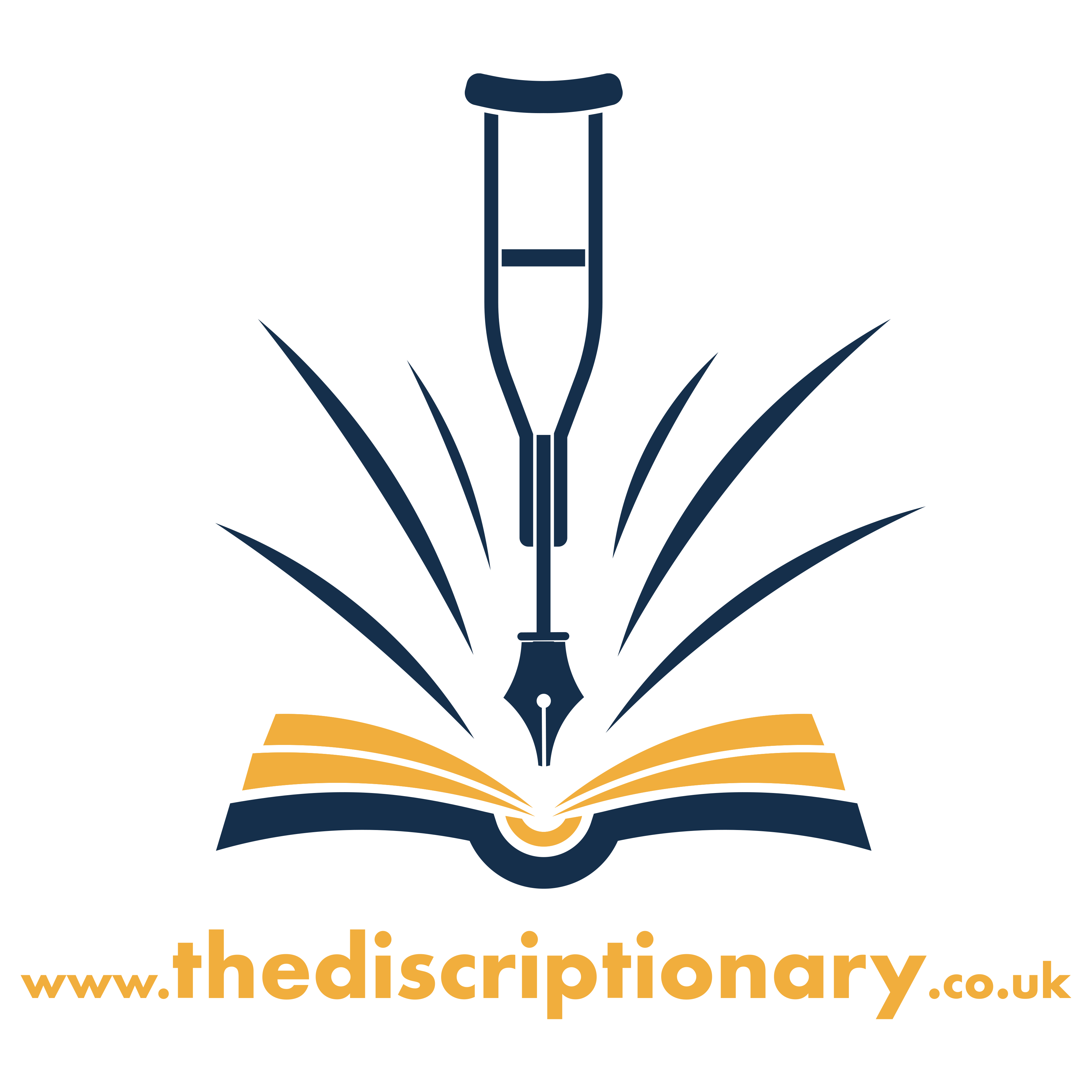A Google Doc copy of the guidelines is also available.
We aim to make the Discriptionary a positive place to promote empowering characters. Below are some guidelines to use when submitting a book. If you’re not sure a book should feature in the directory or not, consider the following, but if you’re in doubt, please submit anyway and make a note of any concerns you have in the form.
Do submit if…
- The character/s in the book are complex human beings: they have a personality and an identity, of which their disability is only a part
- The character/s have a life: their arc revolves on a plot which does not rely on their disability.
- The character/s reach their goal, or is happy, without needing to be “fixed”
- The character/s fight back against ableism, stereotypes and ignorance if these issues are raised in the book
Don’t submit if…
- The character/s in the book are blank, one-dimensional, and have no other characteristics than their disability.
- The sole purpose of the character/s’ disability is to dehumanise them and show how flawed or evil they are.
- The characterisation leads the reader to pity the character/s and/or think of them as a monster or a freak.
- The character/s “fix” their disability through redemption or expiation, or once they find their way to happiness
- The plot revolves around a mission to find a “cure” for a disability
- Science or magic offers a “cure” to the character/s as a reward
- The author displayed the disability with blatant inaccuracy or ableism (keeping in mind that all experiences are different)
- The plot promotes eugenics and the idea that disability must be erased.
If you’re new to #CripLit and buzzing with questions about disability, here are some great resources you can check out:
– The #CripLit, the Twitter chat
– The Fries Test for disability representation in media
Don’t forget to check the hashtag #CripLit on Twitter!
